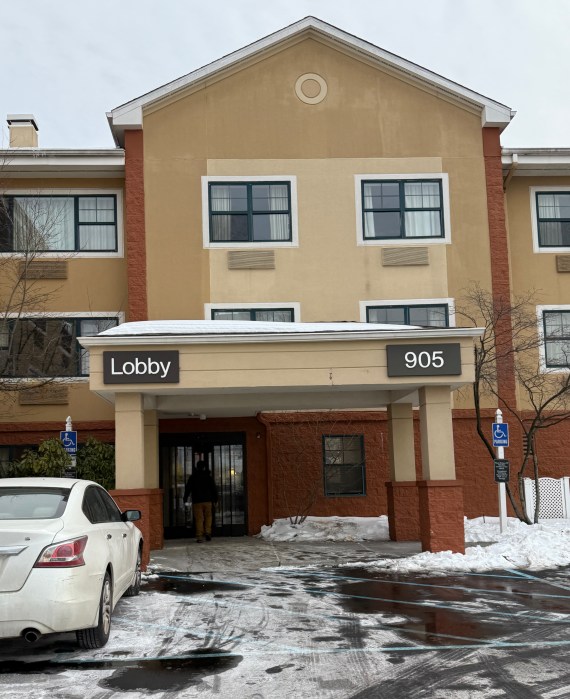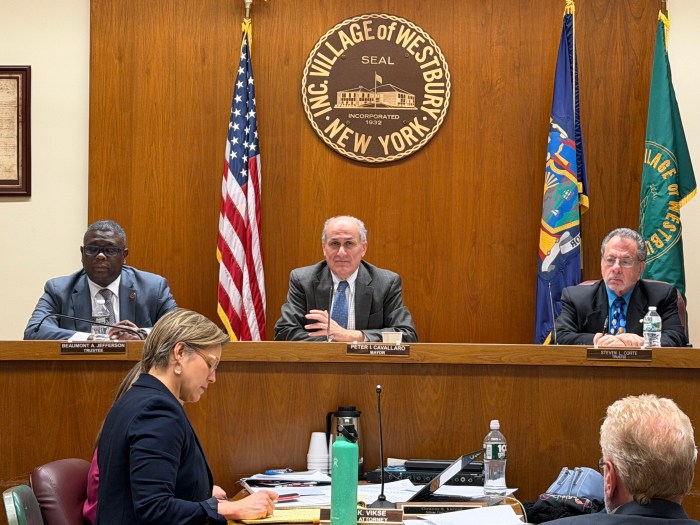The Nassau County Department of Health declared an imminent public health threat due to 25 confirmed cases of rabies in the past year. There were 22 cases found in raccoons and three cases in feral cats.
“Let me be clear: There is no cause for alarm,” said Commissioner of Health Dr. Irina Gelman.
The reported cases have come from neighborhoods across the county, including Roslyn Heights, Valley Stream, Hempstead, West Hempstead and Massapequa Park, among others. Gelman said the county is awaiting test results for three additional animals that were submitted.
Between 2016 and 2014, Gelman said there were zero confirmed cases of rabies in terrestrial animals, although there were some cases of rabid bats.
Rabies is a viral disease, often spread through bites, scratches or saliva from infected animals, that can result in death if not treated immediately, according to the U.S. Centers for Disease Control and Prevention.
The CDC website says the disease is most commonly found in bats, skunks, raccoons and foxes and that approximately 100,000 Americans are vaccinated against the disease after possible exposure.
“We have not yet received any reports of human transmission; however, the time for prevention is now. We are working diligently and doing everything within our power to proactively keep that from happening. The goal is to keep our residents informed and safe,” Gelman said.
Gelman said the region’s geography is a factor in the issue.
“There is room for speculation on the environmental factors that are contributing to this, but we’re an island so similarly that causes an issue of once we have a terrestrial threat, it’s very difficult for those animals to leave,” she said.
Gelman said the county has received questions regarding racoons that come out in the daytime to hunt for food. She said “that in and of itself is actually fairly typical raccoon behavior especially in highly populated areas.”
The Nassau County SPCA, an animal protection service, instructs residents to keep up-to-date with their pets’ vaccines and supervise them when outside. The service said to keep pets indoors overnight and to avoid contact with wild animals.
“We don’t want domesticated animals to act as a vector of transmission of rabies to their human owners. Of course, we want to do everything possible to not let that happen,” Gelman said.
The county SPCA instructs anyone bitten or scratched by an animal suspected of rabies to go to the emergency room and call the Nassau County Department of Health at (516) 227-9663.
































